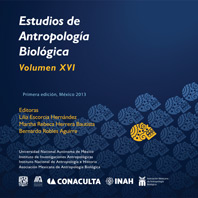Epidemiological transition in Otumba, 1950-2008
DOI:
https://doi.org/10.22201/iia.14055066p.2013.56704Keywords:
Otumba, epidemiological transition, mortalityAbstract
The research deals with the epidemiological transition Otumba, Mexico, in the period 1950-2008, set in the social, political and economic aspects. The paper analyzes the levels and trends in mortality and causes of death in 8 619 reflected death records. The information was obtained from the death certificates of the civil registry. The aim is to describe and analyze the mortality and causes of death in Otumba, in order to identify the main diseases affecting the population. Differential analysis is performed by sex, age and location. The main results suggest that mortality in Otumba exhibits a continuous decline, mainly due to the reduction of infant mortality. But there is great heterogeneity in mortality between locations. There was a major change in the epidemiological, pattern observed variation in death causes: the group of the leading causes changed from contagious to chronic degenerative. The conclusion is that improvements in health care, utilities and health intervention programs in Otumba were essential for reducing mortality. It is also noted that the pattern of mortality is presented interspersed among sites, with an increase in the incidence of violent deaths.
Downloads
Downloads
Published
How to Cite
Issue
Section
License

http://creativecommons.org/licenses/by-nc-nd/4.0/

